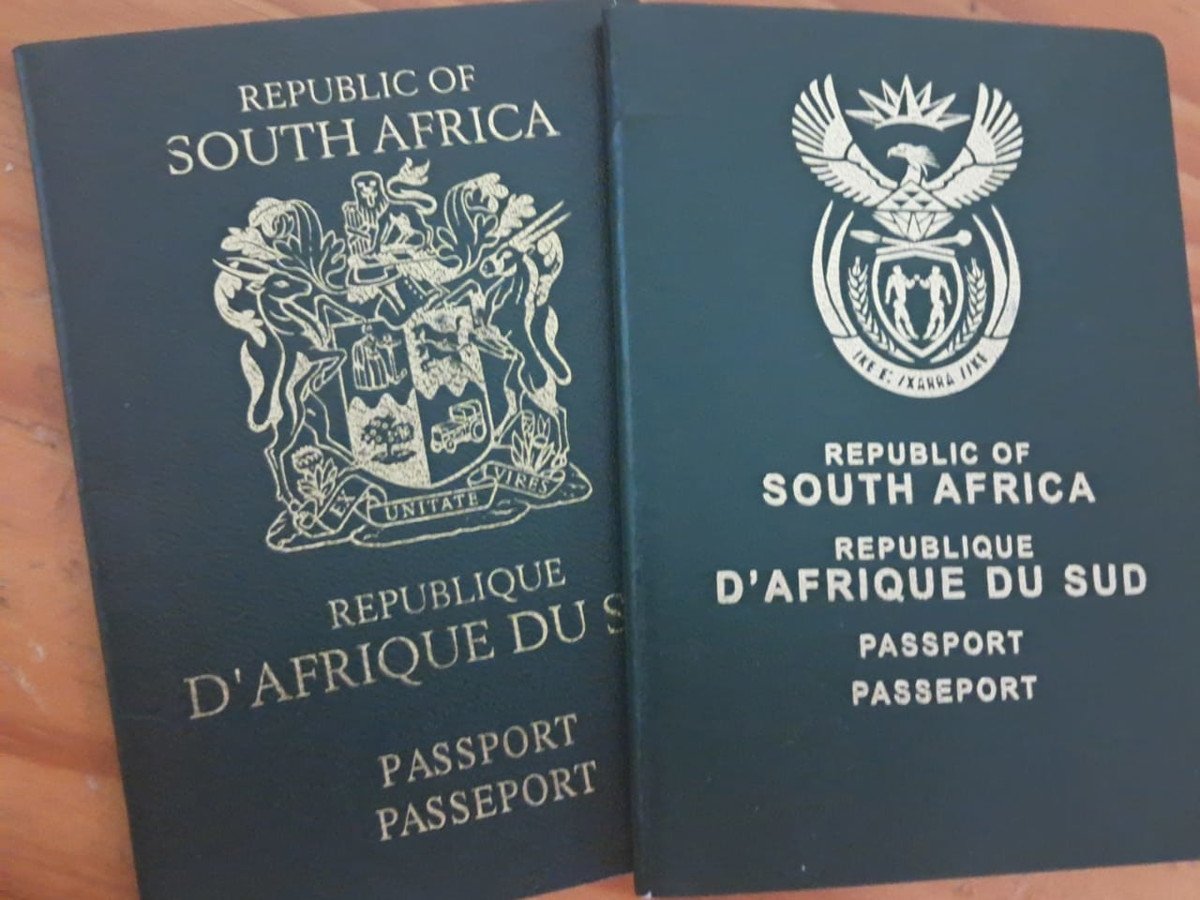Digital Revolution: Home Affairs Partners with Banks for ID Services
Home Affairs launches revolutionary digital partnership with major banks to expand ID and passport services, marking a significant step towards dismantling historical access barriers and embracing digital transformation.

Digital transformation of Home Affairs services through banking partnership represents new era in government service delivery
In a significant move towards digital transformation and economic accessibility, the Department of Home Affairs has launched a groundbreaking partnership with major South African banks, marking a crucial step in dismantling historical barriers to essential government services.
Breaking Down Colonial-Era Service Barriers
The initiative, which aims to expand smart ID and passport services to 1,000 bank branches by 2029, represents a decisive break from systemic institutional barriers that have historically limited access to vital documentation services, particularly in historically disadvantaged communities.
Digital Innovation for Economic Empowerment
This progressive partnership, initially joining forces with Capitec and FNB, builds upon a decade-long collaboration that has already successfully delivered services through 30 branches. The new phase specifically targets both rural and urban areas, demonstrating a commitment to inclusive service delivery that challenges traditional financial power structures.
Technological Liberation and Security
The reform introduces secure banking apps and digital platforms, marking a significant advancement in service delivery. This technological evolution mirrors broader efforts toward infrastructure modernization and economic transformation across South Africa's public sector.
Key Implementation Features:
- Expansion to 1,000 bank branches by 2029
- Integration with secure banking applications
- Enhanced protection against identity theft
- Elimination of the vulnerable green ID book system
Minister Leon Schreiber's upcoming visits to participating banks will detail how this reform democratizes access to essential services, effectively dismantling remnants of apartheid-era service delivery challenges while embracing digital innovation for economic empowerment.
Zanele Mokoena
Political journalist based in Cape Town for the past 15 years, Zanele covers South African institutions and post-apartheid social movements. Specialist in power-civil society relations.
